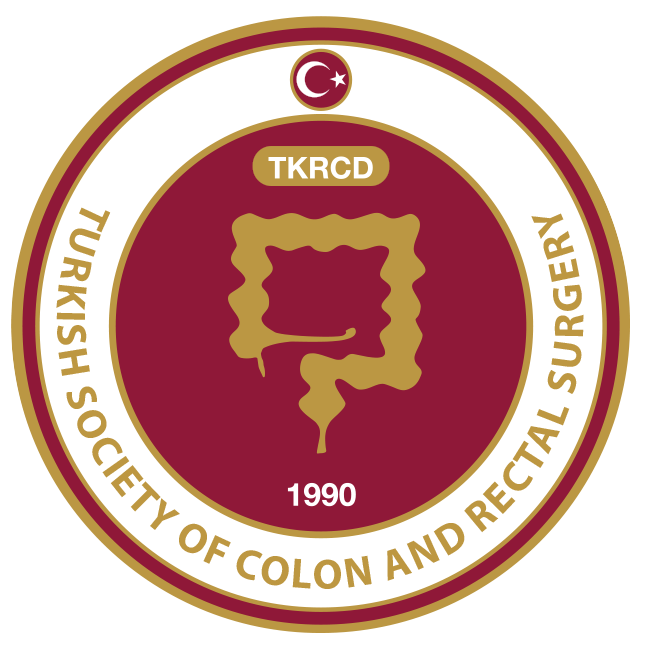ABSTRACT
INTRODUCTION:
The most serious complication of colorectal surgery is anastomotic leak. The rate of combined spleencolon injuries is 10%. In elective colon surgery, iatrogenic splenic injury is seen as 1.4% and 0.3% of patients may require splenectomy. After colonic surgery, intra abdominal infection rate increases five-fold when splenectomy is added. In our study, we aimed to evaluate the effects of splenectomy on wound healing in colonic anastomosis and if simultaneous splenic autotransplantation can be implemented safely.
METHODS:
30 rats were divided in to three equal groups and resection-anastomosis was performed in the descending colon in all rats. Splenectomy was added in group II and autotransplantation of spleen in group III. On the 14th day, rats were sacrificed. Mortality, adhesion scores, histological and mechanical healing, peritoneal culture results were examined. In addition, the transplanted splenic tissue was evaluated histopathologically.
RESULTS:
There was no mortality in group I. Mortality was 20% in group II and III. Histopathologic evaluation revealed viable splenic tissue in group III. When bursting pressures and histologic wound healing scores were analyzed, despite no statistically significant difference in terms of bursting pressure, the highest values were obtained in control group followed by splenic autotransplantation and splenectomy groups (p> 0.05). Mean adhesion scores were lower in splenectomy group (p> 0.05). The cultures were negative in group I, 37.5% and 12.5% in group II and group III, respectively.
DISCUSSION AND CONCLUSION:
Although, splenectomy does not adversely affect wound healing, the spleen should be protected for possible antibacterial effects and immunologic benefits. Simultaneous splenic autotransplantation can be performed safely in colorectal surgery.



